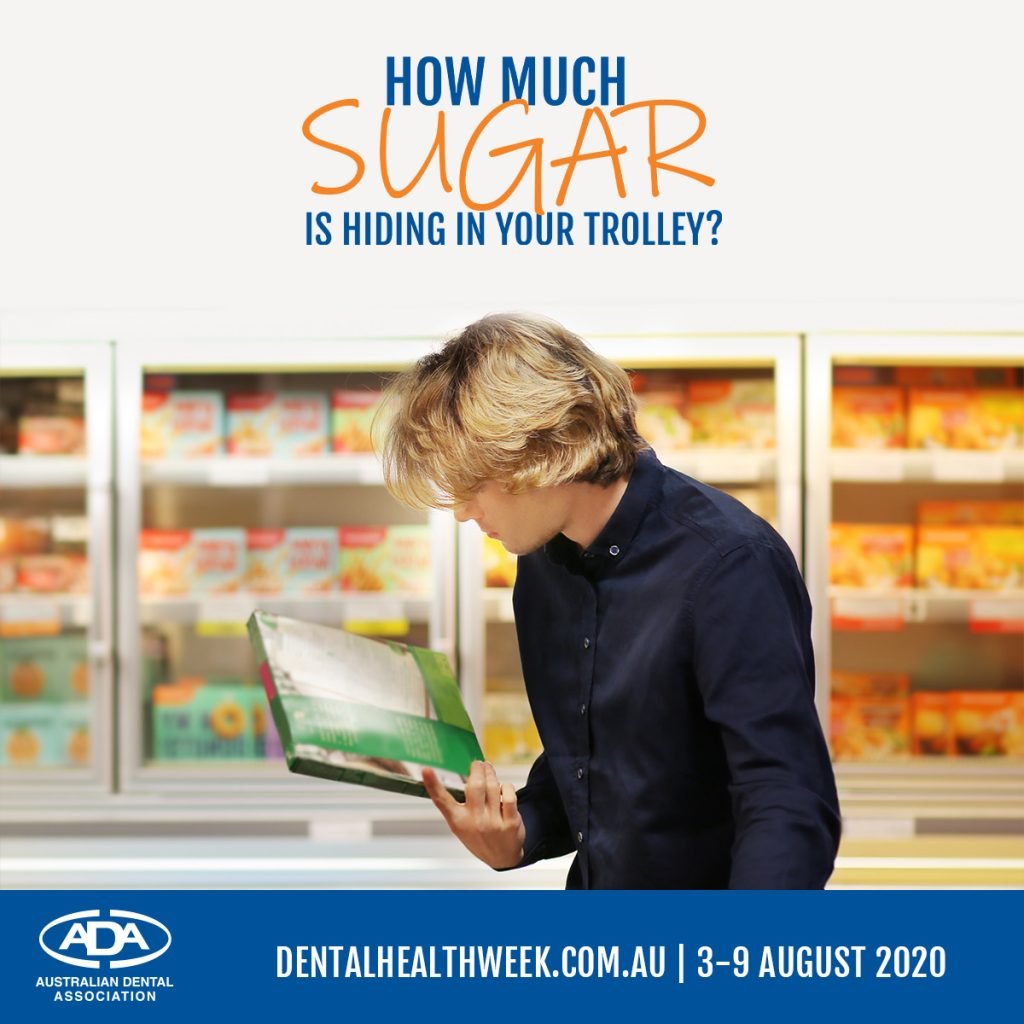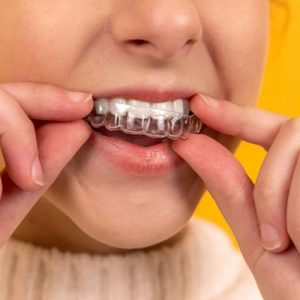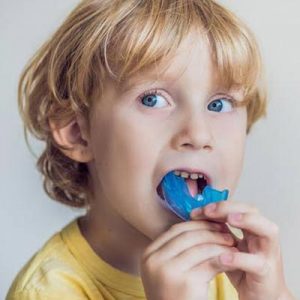August 3 to August 9 is Dental Health Week, an initiative by the Australian Dental Association (ADA) to educate people about the importance of maintaining good oral hygiene. This year, the ADA is throwing a spotlight on hidden sugars in the foods and drinks we consume, raising the question – how much sugar is hiding in your trolley?
As tempting as it is to think that we make healthy choices when it comes to the weekly grocery shop, it’s proven that 73% of young people aged 14-18 years are consuming too much sugar. And the statistics for adults aren’t much better. 47% of people aged 18 and over favour sugar-filled food and drinks over healthier alternatives.
It’s no surprise that a high sugar diet is bad for your health, but it also kick-starts the metabolism of oral bacteria. Whilst you can’t see them, your mouth is home to 300 different bacterial species. The most common species goes by the name of streptococcus mutans, a bacteria which lives in your mouth and feeds on the sugars that you eat for energy. As it feeds, it releases enamel eroding acids which make streptococcus mutans the main cause of tooth decay.
So, to minimise tooth decay, what can you do to easily transition to a low sugar diet to protect the health of your teeth?
Rethink your drink
According to the Department of Health, a 600ml bottle of soft drink contains 15 teaspoons of sugar. That’s more than double the recommended daily intake of sugar for a healthy adult. Don’t be fooled by soft drink alternatives such as fruit juices, flavoured milks or energy drinks. Whilst they may claim to be a healthier option, nothing beats good old H20. Better yet, tap water in most areas of Australia contains fluoride. Fluoride is known to prevent the growth of harmful oral bacteria and rebuild weakened tooth enamel. So, drink up!
Steer the sweet tooth
If you can’t resist adding something sweet to your tea or coffee, artificial sweeteners are a healthier alternative. Unlike sugar, artificial sweeteners are proven to be non-cariogenic, which means they don’t cause tooth decay or cavities. Whilst artificial sweeteners are kinder to your oral health, this doesn’t mean that you should replace foods and drinks containing added sugar with those containing sweeteners. It’s common for sweeteners to replace sugar in foods that are low in nutritional value. So, by reducing your intake of these foods, it leaves room in your diet for fruits and vegetables which are high in vitamins, minerals and fibre.
Get sugar savvy
Not all sugar should be treated equally. Natural sugars, present in unprocessed foods and drinks such as milk, fruit, and unflavoured yoghurt, aren’t harmful when consumed in moderation. In fact, these foods and drinks contain vitamins and minerals which are great for the body. It’s processed foods which should be enjoyed in moderation. These foods often contain large quantities of added sugar and are limited in nutritional value. Beware, supermarket products that claim they contain ‘no added sugar’ can still have a high sugar content.
Snack wisely
Any type of sugar ingested is likely to linger in your mouth for up to 2 hours after consumption. If consumed frequently, processed and high concentration sugars are known to be harmful to the body. But even natural sugars found in fruit or grains can lead to tooth decay. If you’re a frequent snacker, an extra brush during the day or sip of water will help fight the onset of decay.
Sugar talk aside, Dental Health Week is a great reminder to focus on your oral health and change unhealthy habits. Remember to brush your teeth twice a day, (ideally with fluoride toothpaste), floss daily, and eat a healthy low-sugar diet.
Interested in a dental health check? Contact the team at Whites Dental Care for a dental check-up and clean. Our dentists will make recommendations on what’s best for your oral health. Book your visit online.



